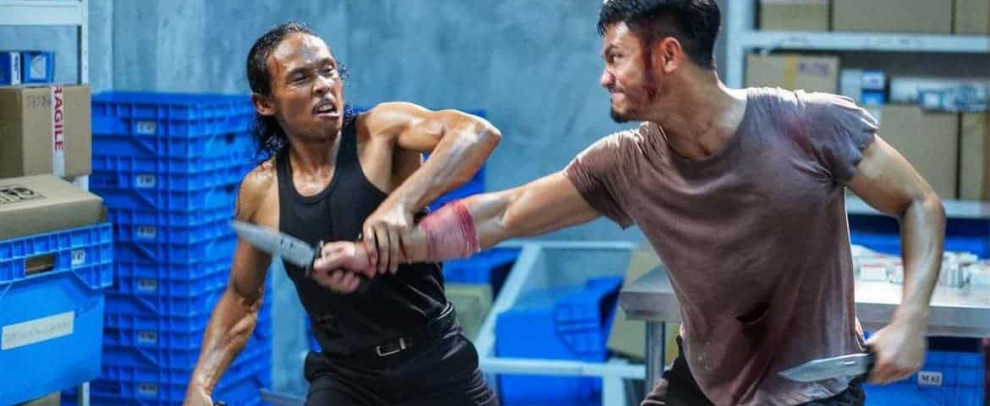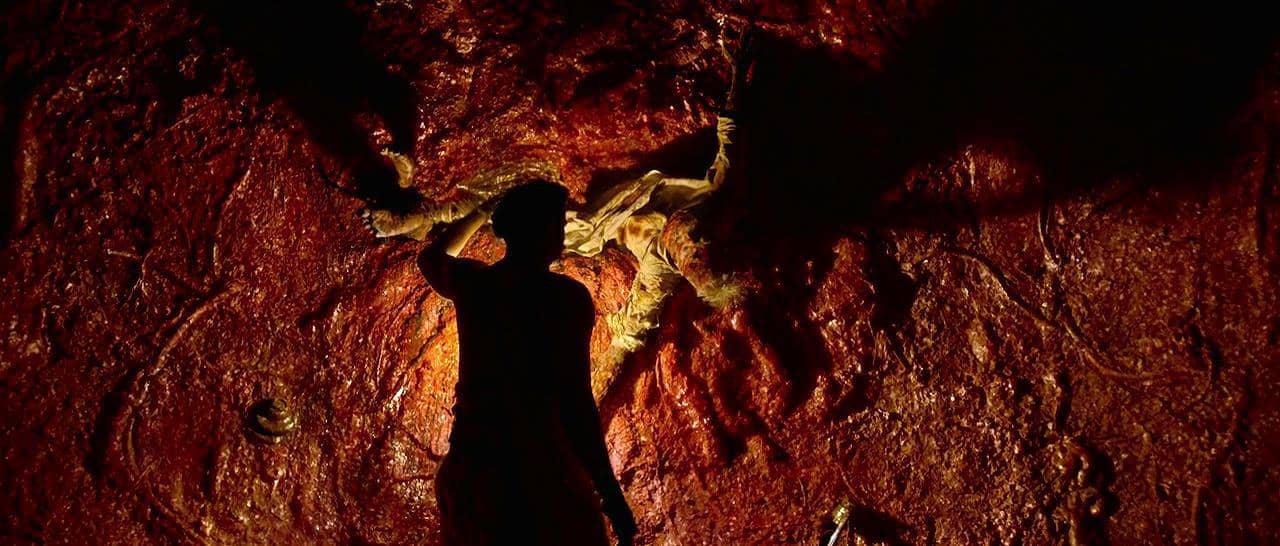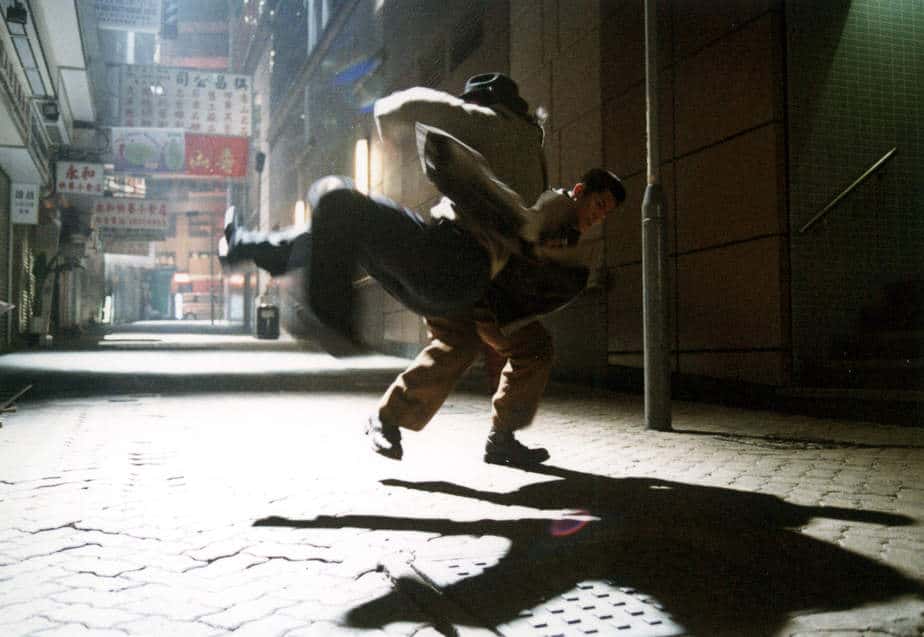It seems like the new center of martial arts movies has shifted a bit towards the West, and currently resides in the ASEAN countries, as films like “The Raid” (Indonesia), “Jailbreak” (Cambodia), “Buybust” (Philippines) etc. prove. This time, it was Malaysia's turn to produce an entry in the category, with the creators of “Wira” approaching their project in the nominal way, giving the martial arts direction to Yayan Ruhian, who, after his success in “The Raid” has moved to Hollywood, being part of productions like “Star Wars: The Force Awakens” and “John Wick 3”. Furthermore, casting Dain Said (director of “Bunohan” , “Dukun” etc) in the role of the main villain was definitely a good decision, with the veteran director inducing the film with a sense that could be easily perceived as cult.
Hassan, who abandoned his family to join the army when he was young, returns to his hometown, only to find everything in shambles. His sister, Zain, (who suffers a defeat in the ring in the rather impressive intro scene) and their father have a debt to local mafia boss Raja, whose condom factory provides the most significant source of income for the poor locals but also exploits them in various ways, while he organizes underground fights and seems to have some other, shady dealings. His father's vendetta with Raja has taken a significant toll to his family and Hassan is determined to settle things once and for all. Not through violence however, since his years in the army have made him rethink his rather violent past, but by reaching an agreement with Raja about the debt and then relocating with his father and sister. Unfortunately, and expectedly, things do not go as planned, and after a double match of the two siblings against Vee and Rayyan, Raja's children, all hells break loose, while Raja's head of security, Ifrit also becomes involved.
As is usually the case with martial arts films, both story and characters are paper thin, in essence existing just to service the action, not to mention that the story seems to promote the benefits of joining the army. Furthermore, the polished and filled with neon lights cinematography of Yong Choon Lin seems somewhat unfit for the general aesthetics of the movie, with a number of scenes appearing as if they were taking place inside a nightclub. Furthermore, the decision to increase film speed on a few occasions does not work at all, with the movement of the characters occasionally appearing totally unnatural.
However, martial arts films are not judged by the aforementioned elements but by their action and in that regard, “Wira” truly excels. Yayan Ruhian brings an approach that combines pencak silat with MMA fighting, which benefits the action the most as it allows for different approaches inside the ring and outside of it. Starting with the female MMA match, the brutality and artistry of the choreographies becomes evident, with the exaggerated sound also working quite well in that regard. As time passes, the fights become more and more violent, while their quality also increases. The double fight in the ring functions as the starting point of non-stop action, and somewhere here is where the true film begins. The scene inside the bus, the rather prolonged in the apartment block, and most of all, the double fight between the two brothers and Ifrit and Vee are a true wonder to behold, particularly because Yayan Ruhian still seems to be in top form as Raja's head of security. These scenes are of equal quality with the ones in “The Raid”, while the one in the apartment also reminded me of the similar one in “Chocolate”. The combination of hand-to-hand combat with the use of knives and machetes, Yong Choon Lin's framing, and Lee Pai Seang's editing all find their apogee in these sequences. Furthermore, the fact that the two siblings fight together also induces the action with an element of originality that also benefits the overall sense, with Hairul Azreen as Hassan and Fify Azmi as Zain exhibiting great chemistry throughout them. The fight with Raja is a bit of a letdown, particularly when compared with the one with Ifrit, but considering how great the latter is, this does not come as a surprise.
Special mention should also be given to Dain Said as Raja, who portrays the archetype of the “noble villain” with gusto and a sense of playfulness that benefits the movie significantly, with his performance stealing the show a number of times, particularly during the attack on the apartment complex. Lastly, the finale seems to wink at a sequel, with the presence of Nam Ron and Bront Palarae functioning as an Easter Egg.
“Wira” has its faults, but the combination of Ruhian's action choreographies, his own, Hairul Azreen, Fify Azmi and Ismi Melinda's (Vee) performance and a number of impressive action sequences result in a great spectacle that is bound to satisfy all fans of martial arts films.














